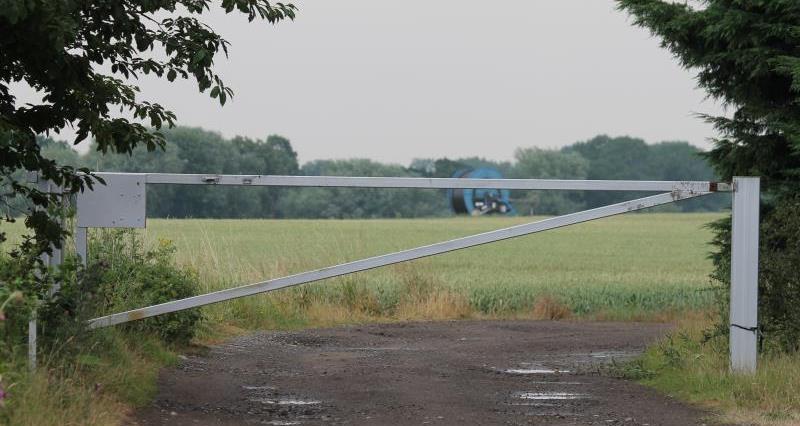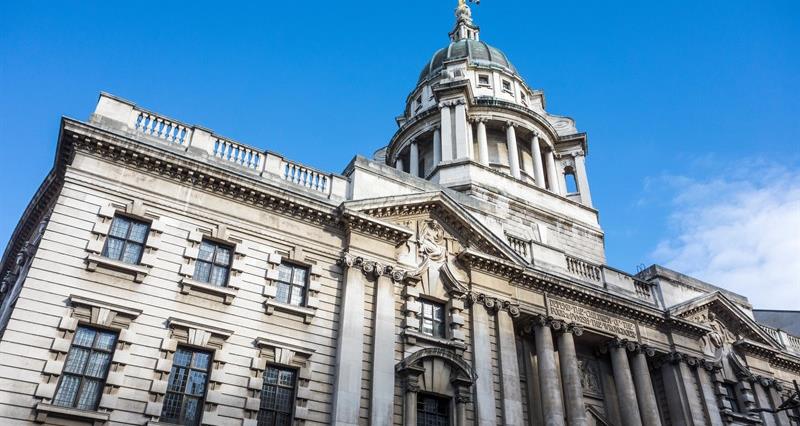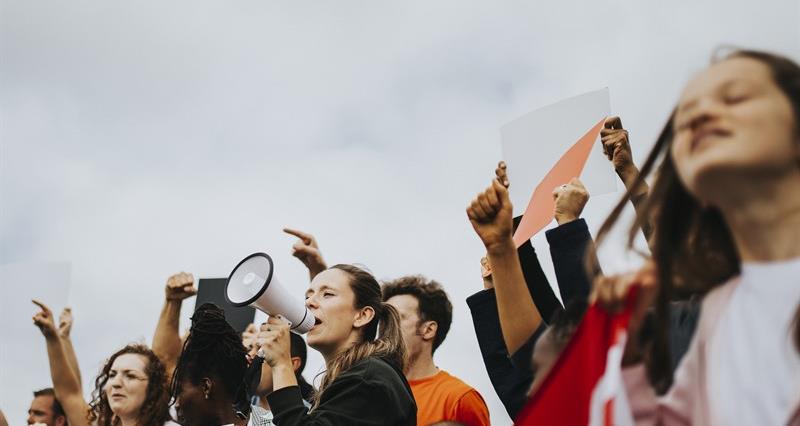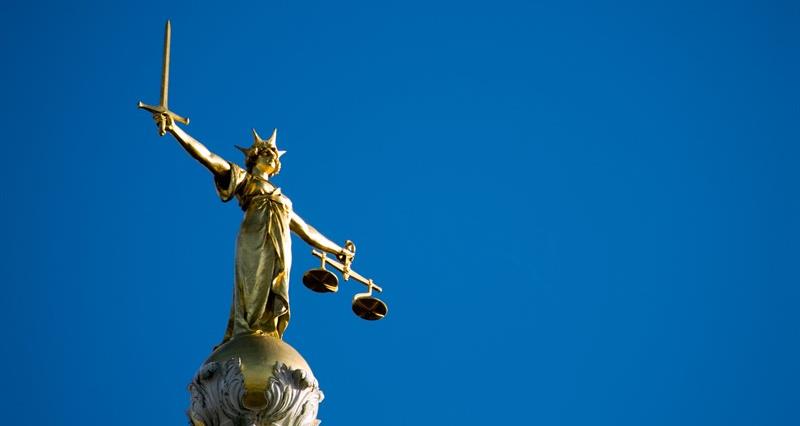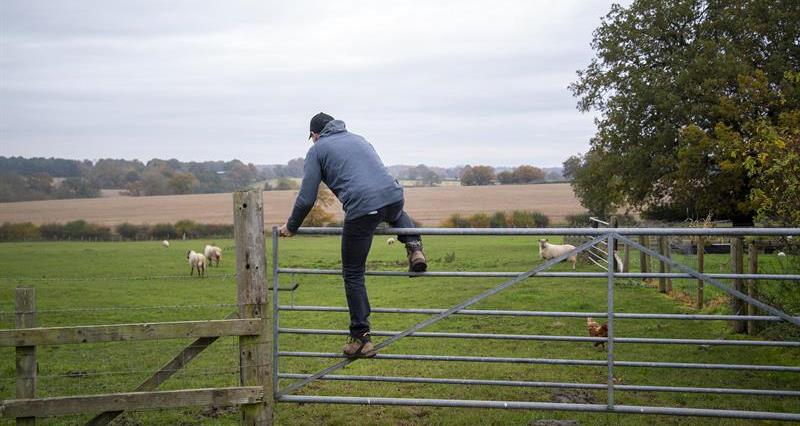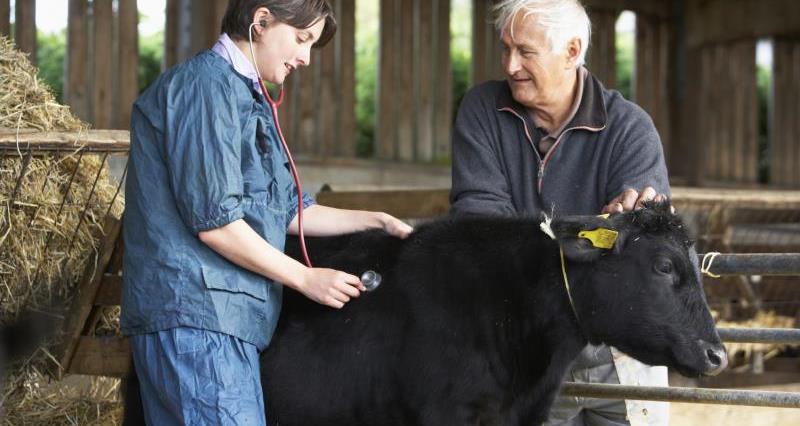If you find yourself in a position where your farm is being infiltrated by activists, it is advisable to have your vet or a local vet attend for the duration of the protest. A vet can monitor the animals' health and welfare and can liaise with the police on the effects of the activists’ attendance on the animals.
Biosecurity
An added benefit of having a vet attend during or after a suspected incursion is to give an overall assessment of the animals’ health, but also to identify any potential biosecurity issues.
Euthanasia
Although it is incredibly rare, we are aware of situations where activists have entered farms and found animals in distress, or what they consider to be distress.
The activists have then contacted a vet or animal welfare inspector to come to the farm to euthanise the animal without the knowledge or consent of the farmer.
We have also heard of situations where the presence of activists has caused distress to livestock, which in severe situations can lead to the need for an animal to be euthanised.
This section considers some of the things to be aware of when thinking about the sensitive issue of animals that may be in distress and the associated powers and duties of vets and other professionals.
The primary purpose of euthanasia is to relieve the suffering of an animal. The decision to euthanise will be based on an assessment of many factors, including:
- Nature of the disease or injuries
- Whether there are any other treatment options suitable, proportionate and available
- The prognosis and potential quality of life after treatment
- The availability and likelihood of success of treatment
- The animal’s age and overall health status.
While in theory, anyone can euthanise an animal as long as it is carried out in a humane manner, it is best practice that a veterinary surgeon or other such authorised person oversees and carries out this task. Generally, only veterinary surgeons and veterinary nurses have access to the controlled drugs often used to carry out the euthanasia of animals.
It may well be that as a result of an on-farm incursion, some animals can either become injured or distressed to the point it is determined by a vet, or other such authorised person, that it is in the animals' best interest to be euthanised. There are many considerations to be taken into account before euthanising an animal.
Post-mortem
It is advisable that if an animal is euthanised as a result of an incursion, a post-mortem is carried out to establish whether the cause of death was linked to the incursion rather than a coincidence. This can then be used as evidence should any criminal proceedings be commenced.
Given the moral questions and issues that surround the decision to euthanise an animal, a lot of thought is needed to make sure the right decision is being made in the animal’s best interests. Contained within the is guidance for vets when considering euthanasia.
Can a third party euthanise my animals?
The Animal Welfare Act 2006 contains provisions to safeguard the welfare of animals. There are no provisions in the act that authorise a vet to euthanise an animal without the owner’s consent. However, such authority is conferred on an inspector or a police constable.
A vet may be asked by an inspector or police constable to assess and conclude that the condition of the animal is such that it is in its best interest to euthanise it. The inspector or constable can then destroy the animal, or alternatively ask the vet to do this. 
Where the inspector or constable determines that the state of the animal is such that there is no reasonable alternative than to euthanise it, the inspector or constable may take action without a vet's assessment where it is not reasonably practical to wait for the vet.
Acting without owner's consent
While it is always advisable for the owner of an animal to be consulted prior to its destruction, there may be circumstances where a vet needs to act without the owner's consent. If a vet determines that an animal’s condition is such that it should, in its own interests, be destroyed without delay, the vet may take action without the owner’s consent. Where such a scenario occurs, the vet should document the reasons for reaching the decision when considering the circumstances. 
See our other activism pages:
